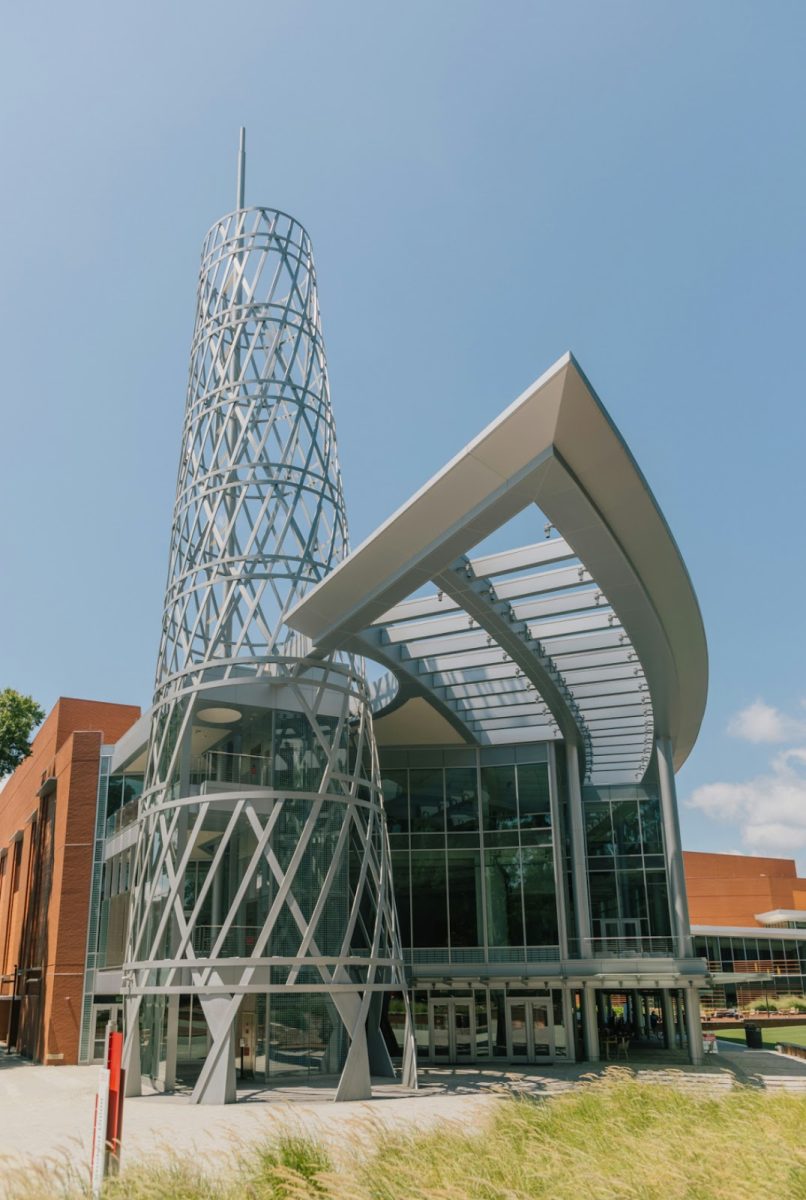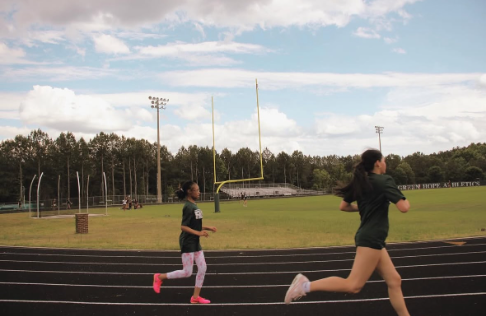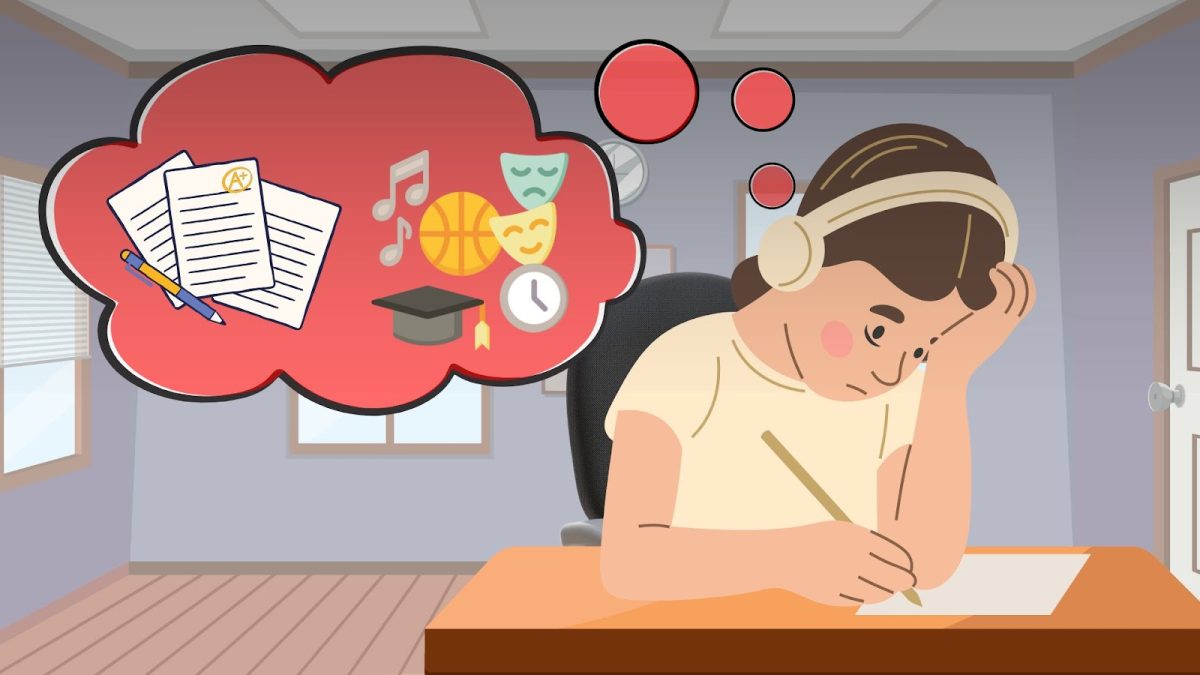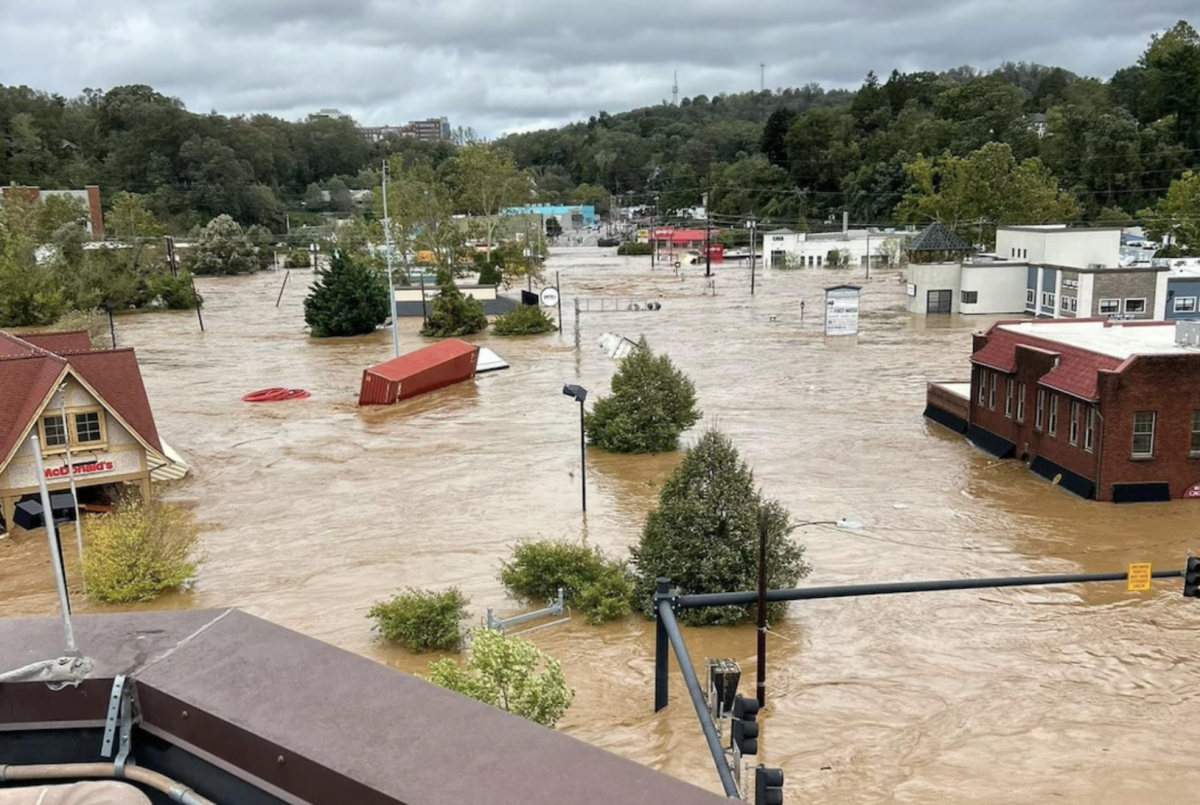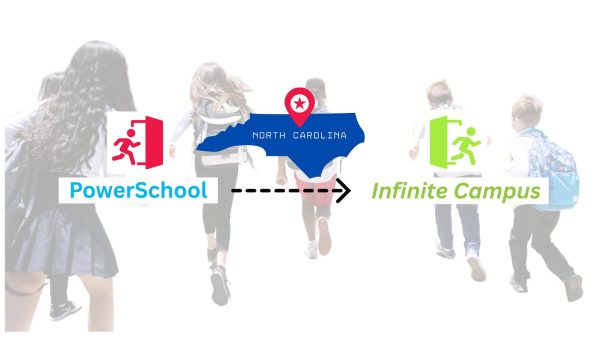NC Teacher Shortages Continue to Pose Challenges for Schools
Schools across North Carolina continue to suffer from a decline in educators, impacting both administrators as well as other local teachers.
Teacher shortages across North Carolina continue to skyrocket as changes are made to state education policies, budgets and educator rights. The shortage in Wake County alone, one of the state’s largest and most well-funded counties, has exceeded 400 educators in just the past few months.
In 2020, the National Education Association data displayed that NC teachers make approximately $10,000 less than the average teacher in the U.S.
Mr. Daniel Hall, an Assistant Principal at Green Hope, provided insight on the teacher shortage. As a former educator at both Wake and Durham County schools, Mr. Hall’s experiences on multiple ends of the conflict contribute to how he perceives the state-wide shortage.
“As an administration, we’ve had to become more active with recruitment. It used to be a more passive approach where there were a lot of candidates that got out of their programs and would start applying for jobs,” said Mr. Hall. “Now, administrators are having to take a more active approach by looking at job boards and talking with colleagues to find educators who would be a good fit for our school.”
Mr. Hall noted that a large portion of this active recruiting takes place during the summer to avoid constant changes for students during the school year.
“A lot of the changes, unfortunately, happen during the summer. People’s lives change and many teachers move on, so we have to spend a lot of our time during the summer calling references and following up with people.”
Schools have also taken measures to work with programs, like the NC Teaching Fellows, to have a large range of teacher candidates for the widespread shortage.
Ms. Kimberly Mackey, a North Carolina Association of Educators (NCAE) member and Civics and Economics teacher at Green Hope, also shared her view on the issue. “Anyone who joined teaching in 2007 or before has essentially worked more than a year and a half for free in lost wages compared to what they had signed up for,” said Ms. Mackey.
She also emphasized how the teacher shortage isn’t just now becoming an issue for NC schools.
“This isn’t anything new even though it’s now on folks’ radar. It’s really been going on in our state for over 27 years since families first sued our state with their concerns,” said Ms. Mackey.
Aside from school administrations, current teachers have also had to put more work into alleviating some of the shortage effects, with one being the inability of schools to retain teachers for extended periods.
“When there aren’t enough educators to fill classrooms, or we have a consistent turnover of teachers, then the teachers who have stayed become the support system for any new educators, including long-term subs. It requires all hands on deck for teachers,” said Ms. Mackey.
As the new school year kicks off for most students in the state, both faculty and families anticipate hearing more about the struggles associated with the ongoing educator shortage.
The staff of the GHFalcon would love a donation to help the journalism program at Green Hope continue to flourish. Many of our donations go to towards improving the materials that we deliver to you in electronic format. Thank you so much to those that are able to donate.

Noreen Mohamed is a senior at Green Hope High School. This is her second year on the GHFalcon. Noreen is a nationally recognized writer for her work on a variety of subjects. In the future, Noreen is...







